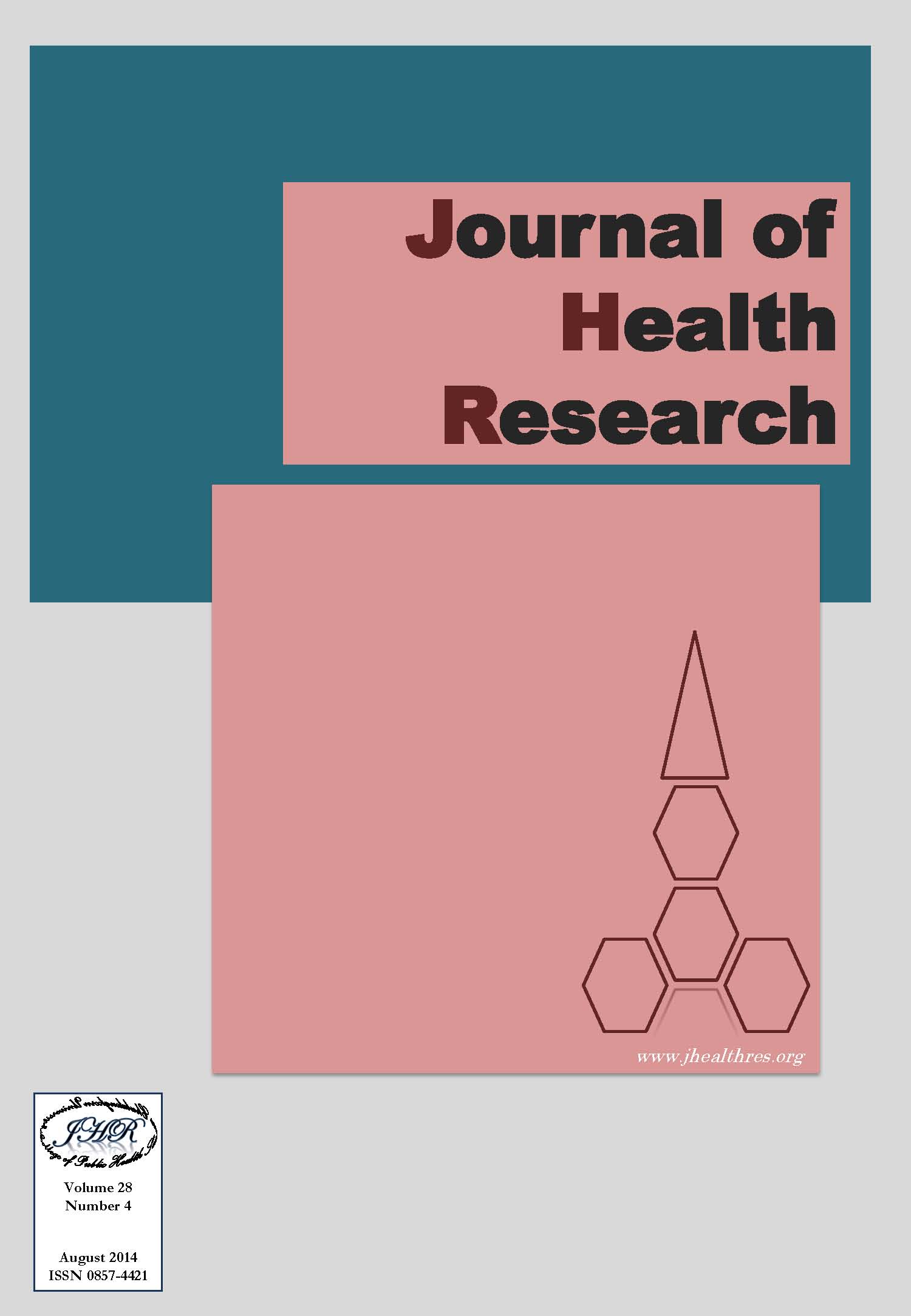Reduction of Plasma Total Cholesterol, Aspartate Aminotransferase, and Alanine Aminotransferase Levels by Green Tea Extract During Plasmodium Berghei Infection
Keywords:
Alanine aminotransferase, Aspartate aminotransferase, Green tea extract, Plasmodium berghei, Total cholesterolAbstract
Malaria is still a major problem around the world, especially tropical and subtropical areas with estimated one million deaths annually. During malaria infection in erythrocytes, oxidative stress was developed and organ damage was then occurred, especially hepatocyte damage. Therefore, finding new medicinal plant extract to protect and reduce oxidative damage to the vital organ was urgently needed. Green tea extract has been reported to have antioxidant property and can protect hepatocytes from oxidative damage. Hence, effect of green tea extract on the reduction of plasma total cholesterol, aspartate aminotransferase (AST), and alanine aminotransferase (ALT) levels during Plasmodium berghei infection was investigated. Dried leaves of green tea were extracted using hot water method, and total polyphenolic content was then determined. For in vivo study, ICR mice were infected with 1x107 parasitized erythrocytes of P. berghei ANKA by intraperitoneal injection, and treated orally with green tea extract (3000 mg/kg), twice a day for 6 consecutive days. Parasitemia was then monitored by microscopy as well as levels of total cholesterol, AST, and ALT in plasma was also measured. It was found that levels of total cholesterol, AST, and ALT in plasma were increased significantly (p < 0.01) during P. berghei ANKA infection and the highest levels were observed on day 6 after infection. However, liver damage was decreased and protected by green tea extract treatment as indicated by decreasing of plasma total cholesterol, AST, and ALT levels in green tea extract treated group. These finding can be concluded that liver damage from oxidative stress during malaria infection can be protected by green tea extract.







